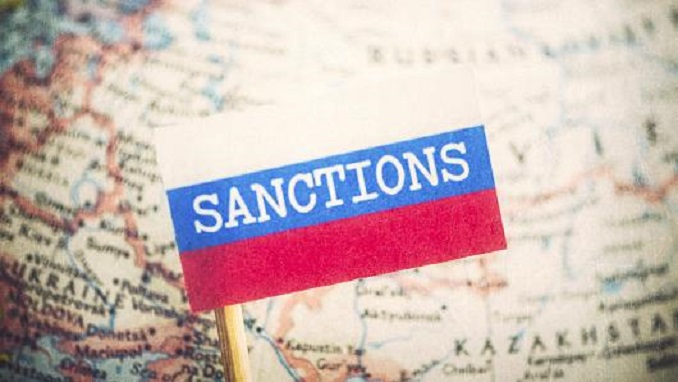A new round of United States sanctions against Russia may be passed either late this year or in early 2019, Steven Pifer, an expert at the Washington-based Brookings Institution, told Russian news outlet RBC.
The final version of the sanctions package may be a hybrid of the Defending Elections from Threats by Establishing Redlines (DETER) Act and the Defending American Security from Kremlin Aggression Act (DASKAA), an expert at the U.S.-based Atlantic Council think tank Anders Aslund said.
There are three types of sanctions measures, which the U.S. is ready to slap on Russia, Aslund noted. These are restrictions against Russia’s sovereign debt, or against three or five state banks, and adding more Putin’s allies to its blacklist.
“U.S. legislators might adopt the sanctions bills between November and mid-December, but may also postpone it until 2019,” says another analyst, Valery Garbuzov, who heads the Institute for U.S. and Canadian Studies at the Russian Academy of Sciences.
According to Barclays economist Liza Yermolenko, investors negatively viewed the delay of the new sanctions bill, as the move will prolong a period of uncertainty.
“This added uncertainty to the future of Russian assets. Whereas earlier investors waited only for November, now it is not quite clear what to expect,” she noted.
A lot will depend on the mid-term elections, in particular, whether the U.S. detects attempts by Moscow to influence the polls, says George Voloshin, head of the French branch of British consulting company Aperio Intelligence.
Speaking on possible sanctions against the Nord Stream 2 gas pipeline, he noted that the Trump administration has no consensus on this issue and no new restrictions are expected in the near future.
According to Pifer, the sanctions initiatives have a chance of securing broad support among legislators in Washington, like with the Countering America’s Adversaries Through Sanctions Act (CAATSA). Under this scenario, Donald Trump will have to adopt the bill despite his skepticism about the measures, the expert said.












